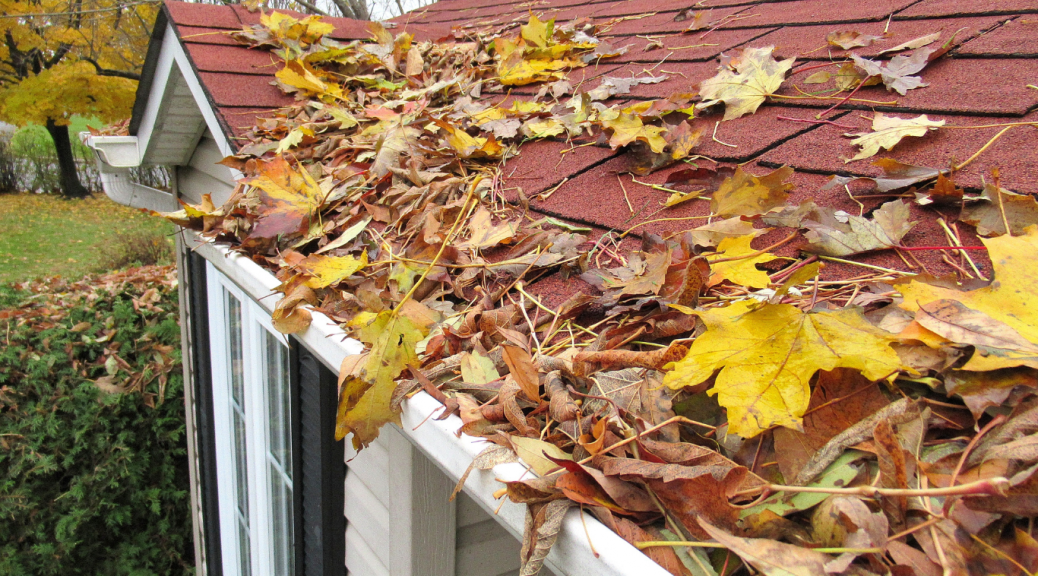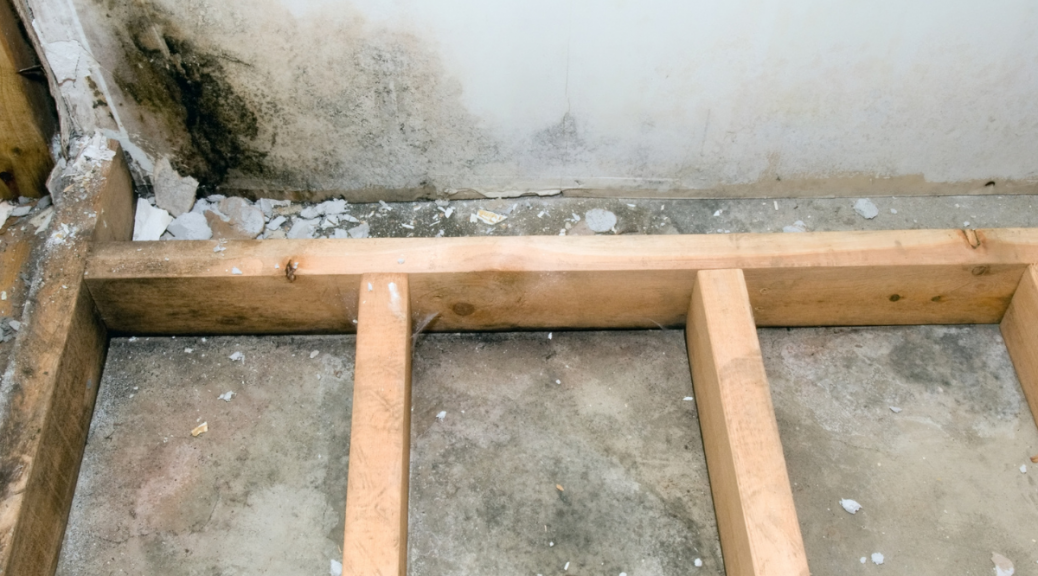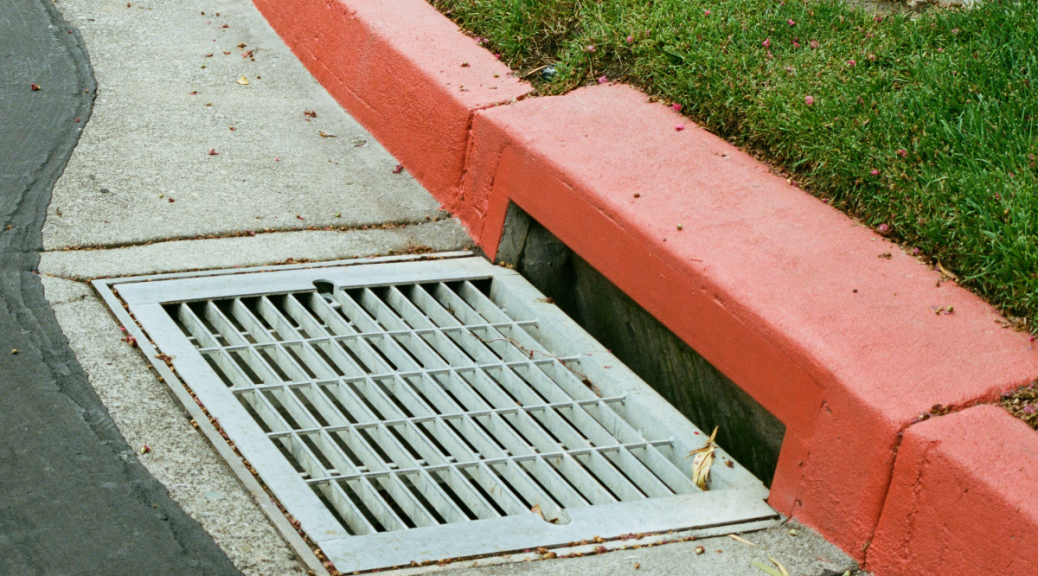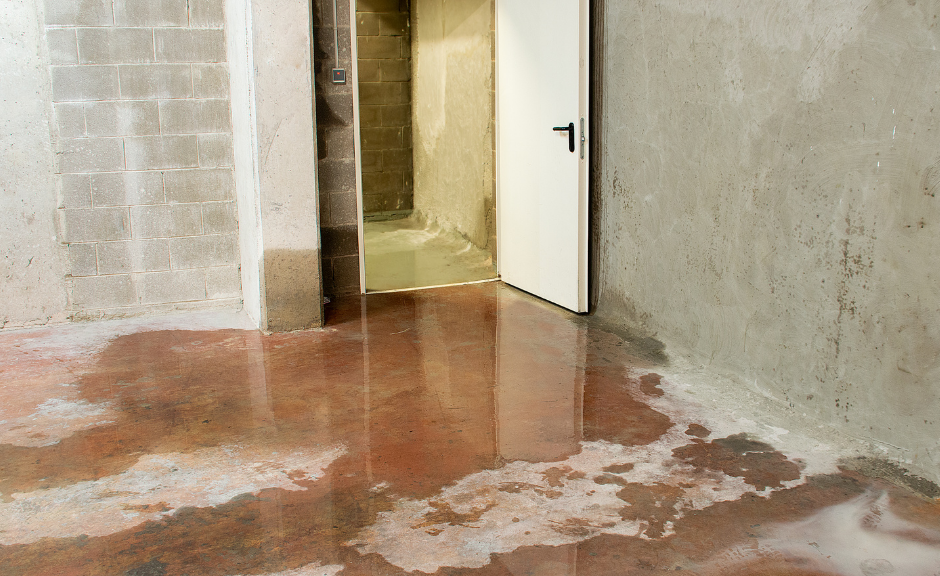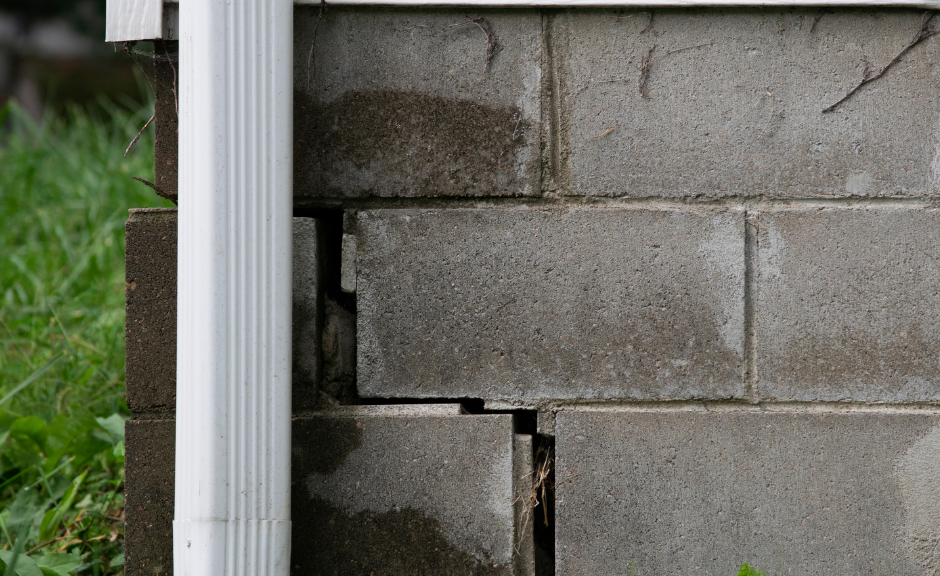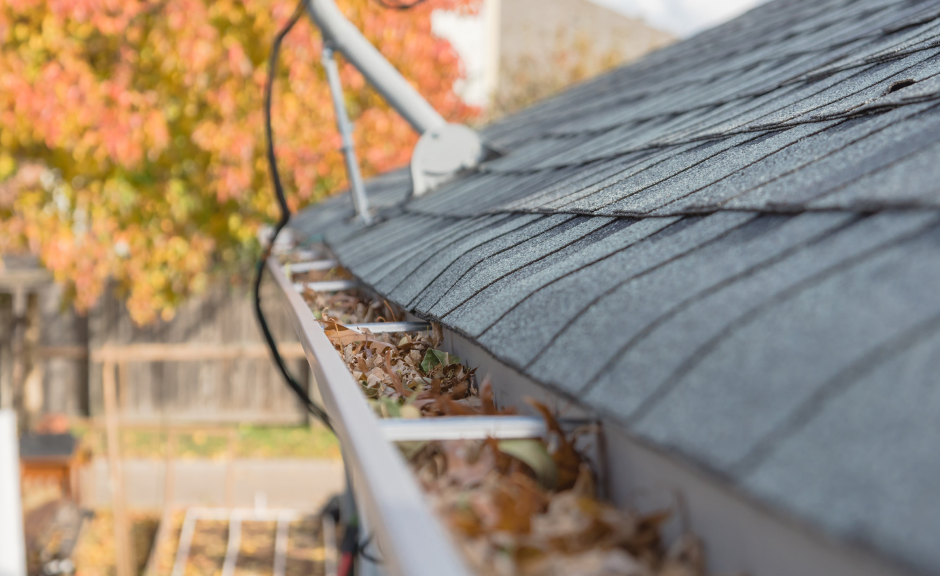The foundation is the backbone of your home, providing stability and support to the entire structure. When issues arise with the home foundation, it can have a significant impact on the safety and integrity of your home which will affect its resale value.
However, there are ways you can invest in your home foundation repair that can boost your property’s resale value:
- Foundation of Property Value. Before getting into home foundation repair issues on resale value, understand the foundational role that a strong and stable foundation plays in the real estate market. Potential buyers, inspectors, and appraisers pay close attention to the structural integrity of a home. A compromised foundation raises red flags and may turn away prospective buyers.
- Common Foundation Issues and Effects. Several issues such as settling, cracks, or water damage. These problems can manifest in many ways, including uneven floors, doors that don’t close properly, or cracks in the walls. These issues affect the safety and livability of the home, but they also impact its perceived value in the real estate market.
- Boosting Curb Appeal and First Impressions. The exterior appearance of a home is a major factor in attracting buyers. Home foundation repair issues can lead to visible damage, such as cracks in the exterior walls or an uneven foundation. Investing in foundation repair, you enhance your home’s curb appeal and make a positive first impression.
- Increasing the Lifespan of Your Home. Prospective buyers are concerned about the long-term durability and maintenance requirements of a property. Addressing foundation issues demonstrates that you have taken proactive steps to maintain and care for your home. This assurance increases buyer confidence, as they are more likely to view the property as a sound investment with fewer unexpected maintenance costs.
- Enhancing the Selling Points of Your Home. A stable foundation allows for a more seamless and appealing presentation of your home’s selling points. For example, a home with a secure foundation is more likely to feature open floor plans, large windows or expansive outdoor spaces without the distraction of structural issues.
- Navigating the Appraisal Process. During the home appraisal process, appraisers consider various factors, including the condition of the home’s foundation. Foundation issues can lower the home’s appraised value, affecting the amount that potential buyers can secure through financing.
- Building Trust with Buyers. Buyers will feel confident in their decision when purchasing a home with a solid foundation. Documentation of recent home foundation repairs and warranties can reassure buyers that the issues have been addressed by professionals. This transparency builds trust and may make buyers more willing to pay a premium for a home with a reliable foundation.
- Adding Value to Your Neighborhood. The condition of your home’s foundation contributes to the overall value of your neighborhood. Homes with well-maintained foundations create a positive perception of the community, attracting buyers who are willing to invest in a neighborhood known for its well-kept properties.
- Choosing the Right Foundation Repair Solutions. When considering home foundation repair, work with experienced professionals to assess the specific issues affecting your home and recommend appropriate solutions. You may need underpinning, drainage improvements or crack repairs. The correct repairs can address current issues. It may also prevent future problems, adding long-term value to your investment.
Investing in home foundation repair is a strategic decision that can enhance its resale value. You can make your home more attractive to potential buyers and contribute to the overall value and desirability of your neighborhood. Don’t wait until foundation problems become a major concern; take proactive steps to secure your home’s foundation and maximize its resale potential.
M Taylor Enterprise can inspect your home foundation to see if you have any home structural issues. Call our home foundation and structural repair experts in Maryland at (301) 649-3406 or email matt@mtaylorenterprise.com. We will do a free consultation, make recommendations, and then do any needed repairs quickly and efficiently.
We serve Montgomery County, MD, parts of Prince George’s, MD, and Howard County, MD.



